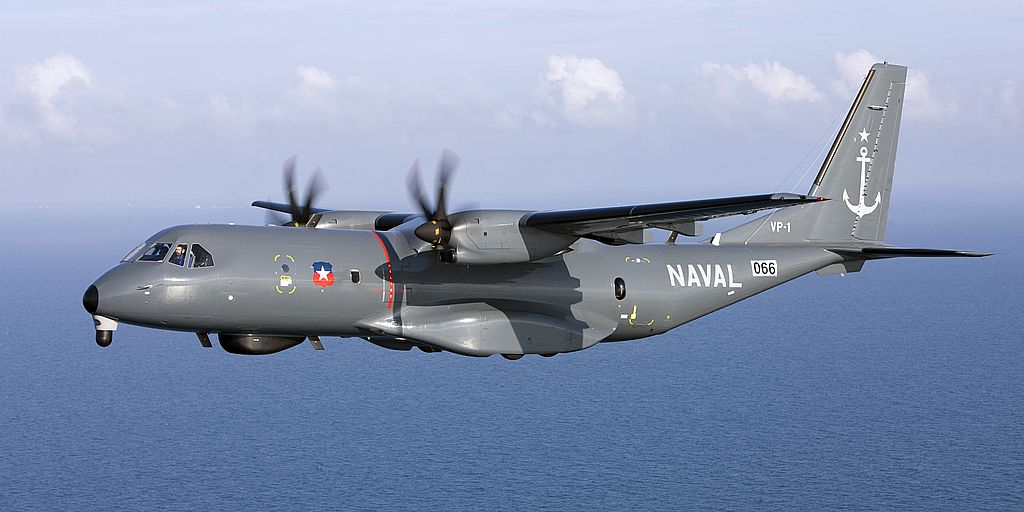
SHAH ALAM: In the previous post, we talked about the unmanned capabilities for the MPA requirements. In this post, we will explore the manned MPA requirement. As the capabilities being sought are for both the military – Maritime Patrol Aircraft while the para-military requirement is dubbed the Maritime Surveillance Aircraft (MSA). The MSA will be explored in the next posting.
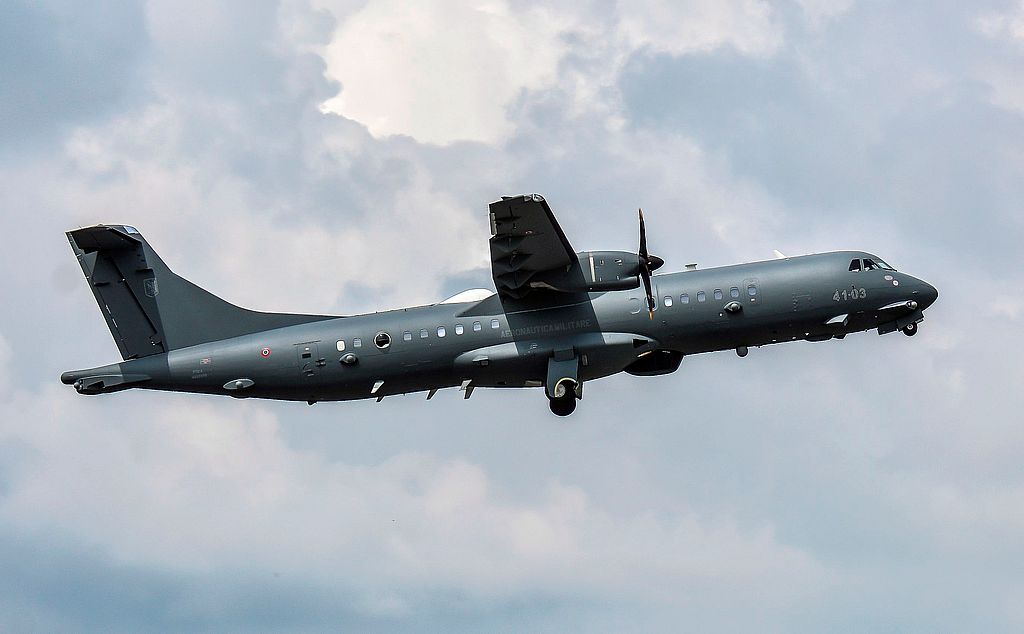
Like the unmanned capability, the military requirement remained fluid apart that the capability sought are those of the MPA. Even the air force remained noncommittal of the platform based on its answer on the MPA ahead of LIMA 17.
The RMAF has been planning to enhance the MPA capability and acquire new MPA platform since RMK-10 and well before the accident involving B200T aircraft. However, this plan is yet to materialise due to the limited funding approved during RMK-10 and RMK-11. As an interim measure, RMAF is presently evaluating the options of leasing a dedicated MPA platform or upgrading the available RMAF platforms (C-130/CN235) into MPA capability in order to enhance the existing maritime surveillance capability
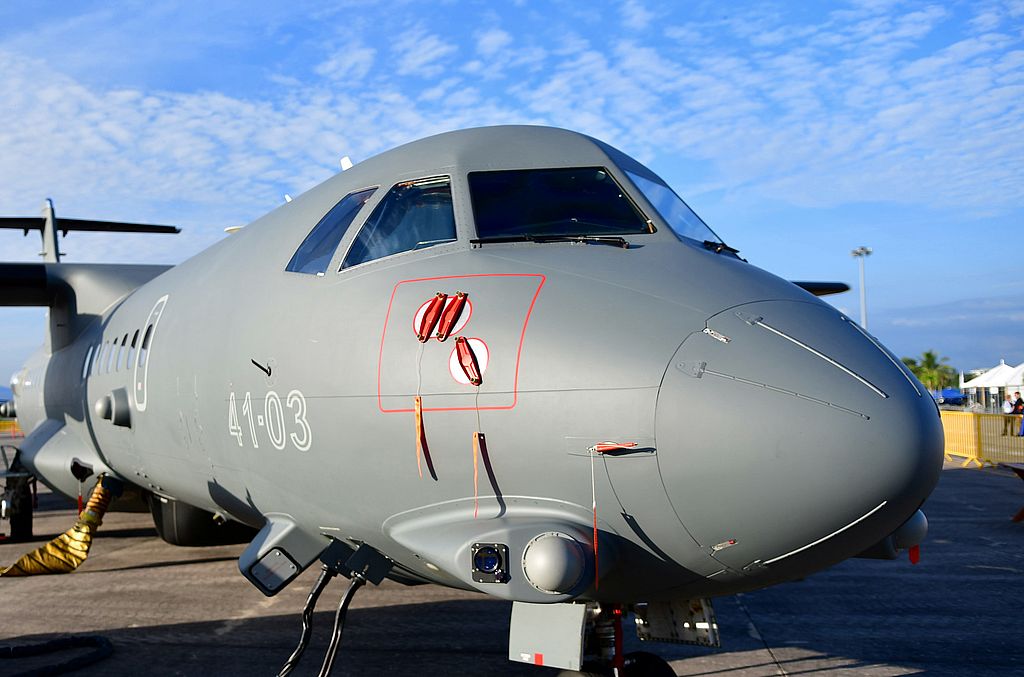
At LIMA 15, we were given a preview of the platforms available for the air force. At that point, the government was talking a lot of hay about the need for maritime domain awareness following the 2013 Lahad Datu incursion and the missing MH370, a year later.
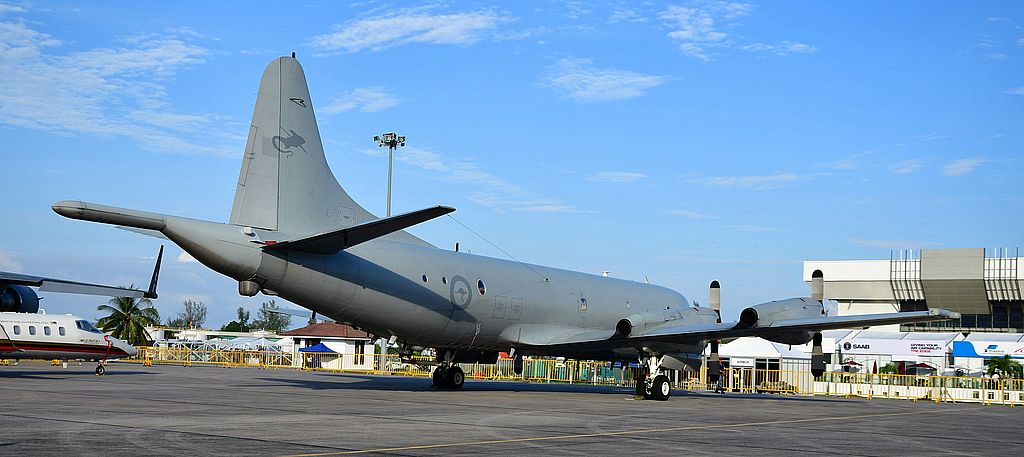
Displayed at the show were the Boeing MSA, Indonesian Aerospace the CN-235 MPA, Beechcraft the Super King Air 350 and Grob the G520NG. Two years later, at LIMA 17, all four aircraft were absent while Leonardo presented an Italian Air Force ATR-72MP, a global debut for the aircraft which was only delivered in December.
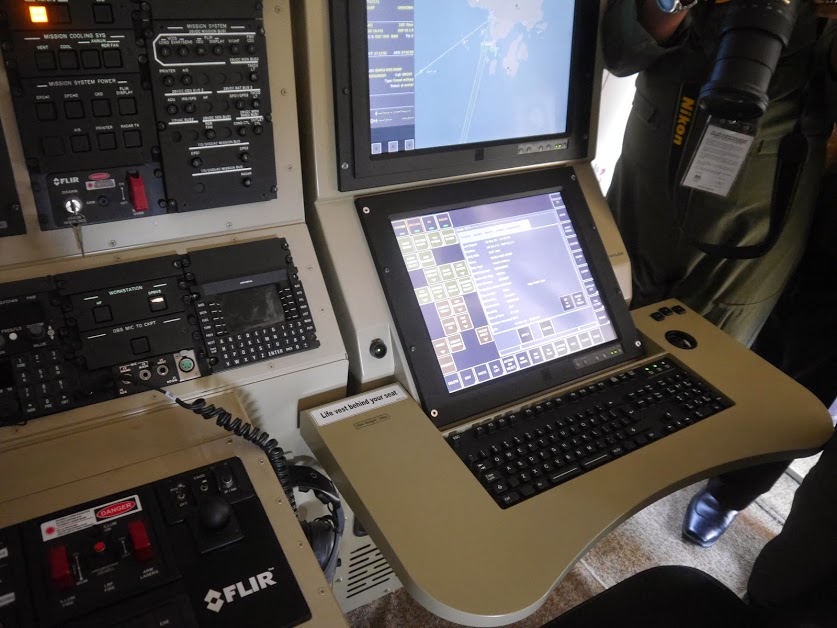
One has to wonder whether Leonardo or it’s local agent was aware that the NSC has taken over the MPA program, hence the appearance of the aircraft at LIMA 17.
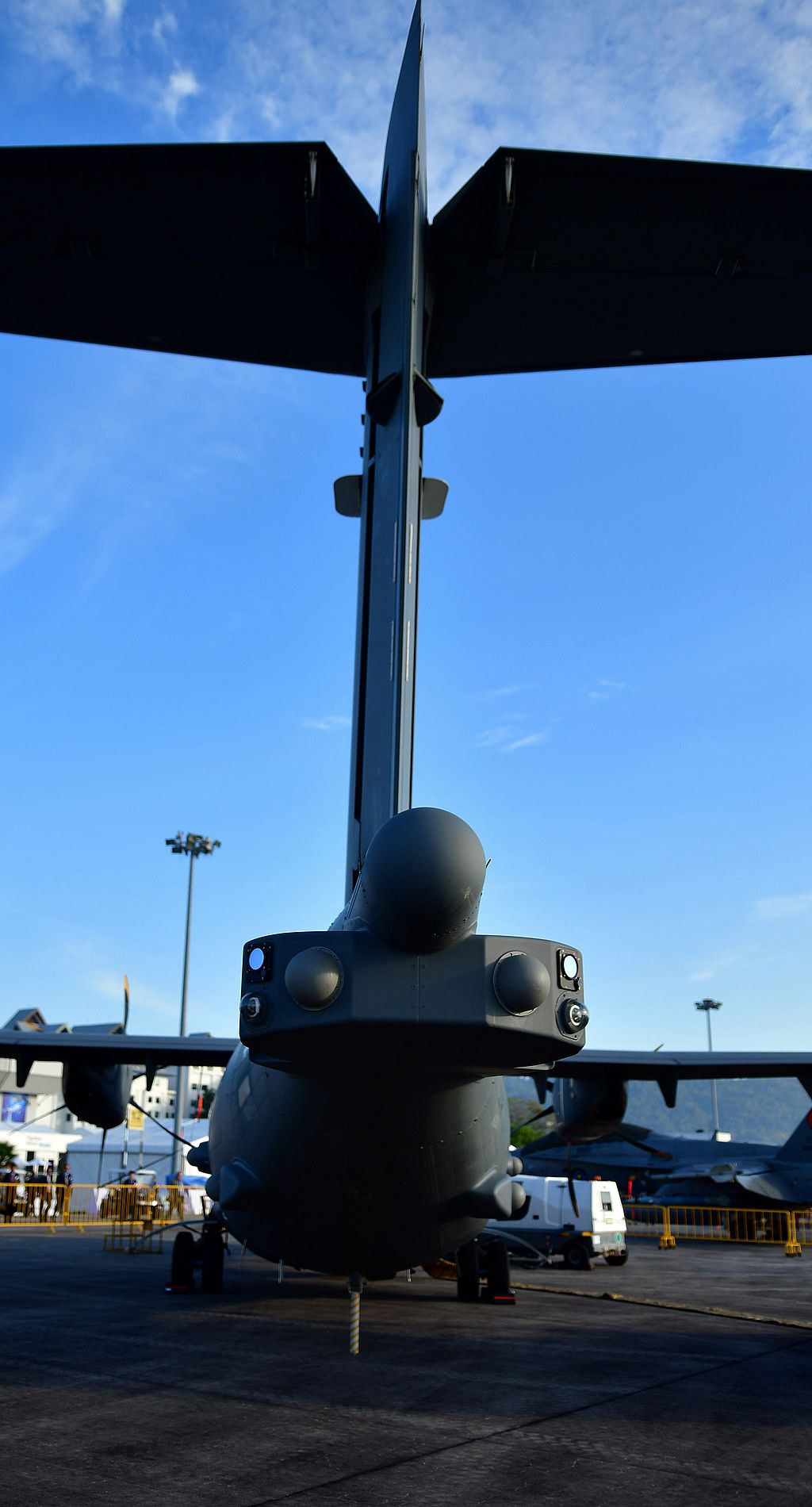
Indonesian Aerospace was aware of the lack of funding for the MPA program though I guess they were not given the heads up on the involvement of the NSC. The company and Boeing participated in LIMA 17 but did not brought any aircraft to the show. Grob was completely a no-show as did Beechcraft.
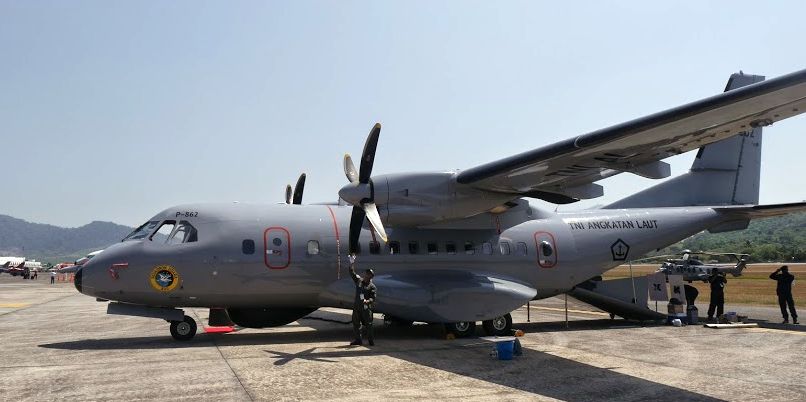
Another supposed competitor, the Bombardier Q400 MPA was also absent though it maybe due to the Canadian company problems than anything else. I had been tracking the Q400 MPA after LIMA 15 as I was told that a local agent was appointed to market the aircraft for the manufacturer while another defence company was supposed to sell another variant developed by a US company. Both supposed deals went silent last year before NSC was given the task of heading the program.
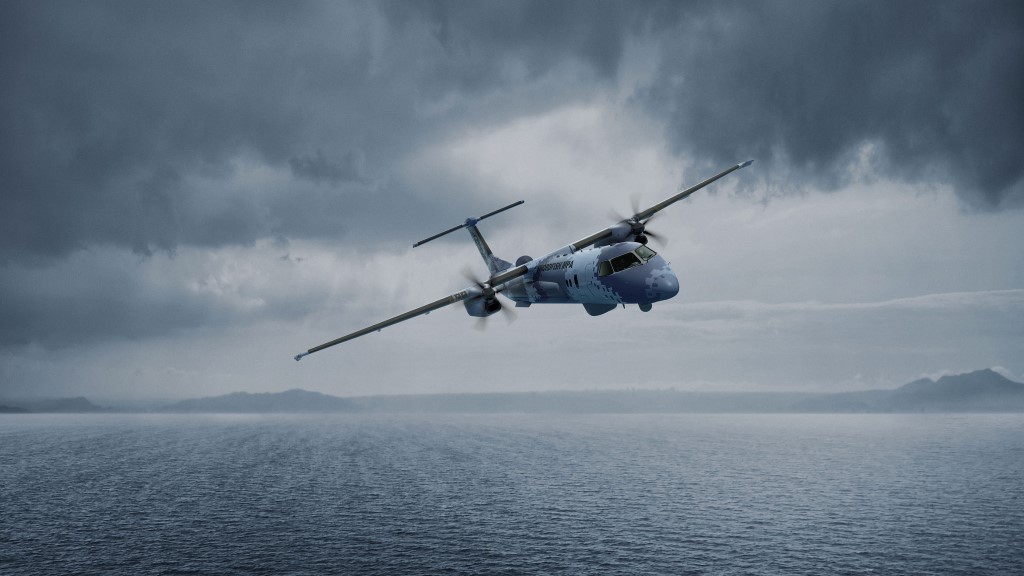
At LIMA 17, based conversations with sources, I believed that it appears that the MPA competition could be narrowed down to the three aircraft mentioned above, the ATR-72MP, the CN-235 and C295. The ATR offer looked the strongest based on what was seen at LIMA.
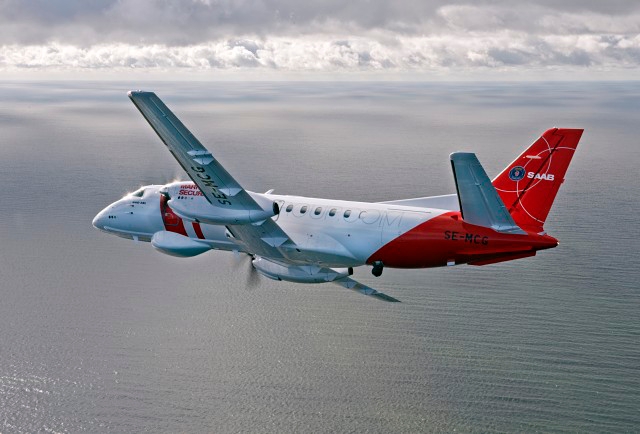
However, with the offer from Japan for the used P-3C Orions, the MPA program could be held back, according to industry sources. According to them, if the Japanese offer is taken up, funding for the MPA could be hold back until RMK12, 2020 to 2025 period.
This will allow for the funding for the UAV and the MSA within RMK11. If not procured directly both could also be leased either through company owned, company operated (COCO) or company owned, military operated (COMO) concept.

RMAF already operate the Beechcraft Super King Air 350 and the EC120B helicopters under the COMO concept so it could be replicated for its MPA program. MMEA in fact was supposed to operate it’s aircraft under COMO but this was changed during Pak Lah administration.
— Malaysian Defence
If you like this post, buy me an espresso. Paypal Payment


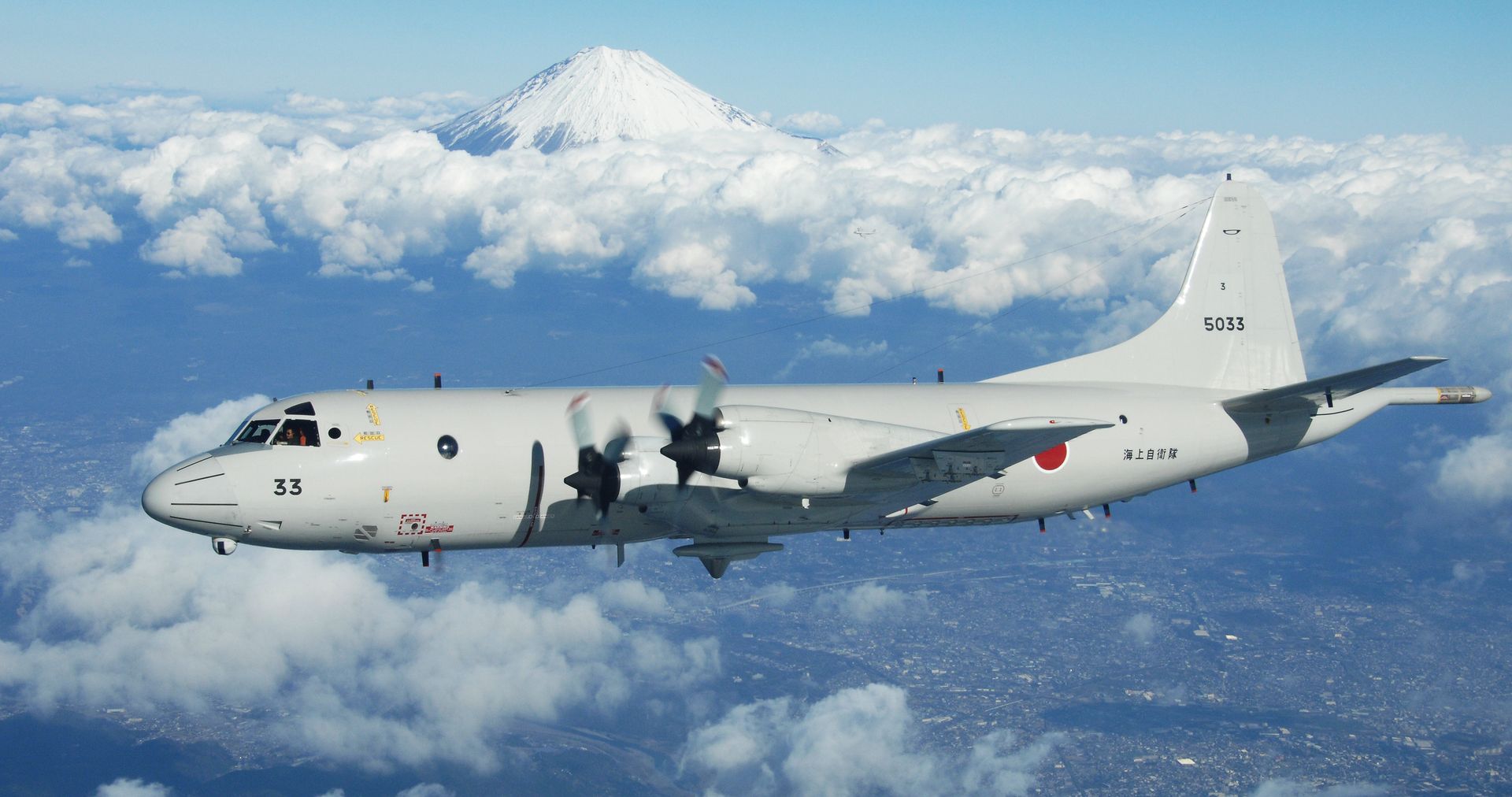
just wondering why we are soo focus MPA why not aew or awas??
Reply
Cause it is supposed to be more important.
Didn’t SAAB tries to offer the Globaleye AEWC with added maritime surveillance capability together with the Gripen MRCA deal? Else, swordfish MPA on alternatives package
The hear-say was the price offered was attractive with bundle MRCA but separately was too pricey
Reply
Please read my last story on Saab
Another case of nothing will ever happen.
I’m more interested in ro-ro modules of MPA or MSA, using any available C130 or CN235, which I believe less monies needed compared to a new MPA@MSA.
to much talking. giving hope here and there. in the end no money. zzzz
fadzil,
1. AEW platforms are much more expensive to procure.
2. Given our present threat requirements as well as operational needs; we have a more pressing need for MPAs. Not that we don’t need AEWs but MPAs have more of a peacetime utility; especially with regards to our specific requirements.
nimitz,
A problem with adding modules to C-130s to enable them to be used as patrol assets is operating costs.